I am skeptical about “hope.” It seems to me that no problem has ever been solved, no disease cured, by hoping things would get better. Hope can be a tease, a distraction. I would rather that my patients control, understand, attack, overcome. Better to cope, than just hope.
I understand the place of hope when things look dark. It fills our hearts when choices lack, trust wanes and tomorrow is hollow, unknown. Hope can take the place of action, when we are not certain which fork to take or if there is any path forward at all. Hope can get us through tough days and nights.
However, hope can make us lose focus and can cost us valuable opportunity, distract us from the battle. Patients delay critical therapy on the hope things will get better. They fail to take medications, avoid important treatments and may choose useless or destructive alternatives. Those that survive learn to cope, instead of waiting to hope.
Until recently I saw hope as a false choice, but I failed to understand a greater danger. Then, I read the 2100 year-old writings, by the Stoic philosopher, Hecato of Rhodes. In this ancient work, I stumbled upon a remarkable idea.
Hecato felt that hope was not solely a response to future demons. He taught that “hope” was the cause of one of mankind’s deepest and most prolific challenges. We are told that hope is a way to deal with the unknown. Not so, said Hecato. Hope is the cause of fear. “Cease to hope,” he said, “and you will cease to fear.”
This is a fascinating way to look at what it means to be human. Alone among the animals we have the ability to consider future events. We worry about what may happen in an hour, day or year. We understand that terrible things are possible, even likely, and we wait for them to happen, while we hope that tomorrow will be good. However, because we dare hope for peaceful, healthy, positive tomorrows, we are constantly reminded of the possibility of loss. This causes us to fear the future.
When first diagnosed with cancer, the question most people ask is, “what is my prognosis?” The doctor must predict the future. What can the patient “hope” for? What is likely or unlikely? As soon as a patient starts to think about tomorrow, to hope for a good prognosis, no matter how reassuring is the doctor’s answer, terror infiltrates body and soul. Fixating, worrying about tomorrows we cannot control, fills us with fear.
What if we were able to live now? In the moment, if you will. Cease to be pulled down by the ephemeral anchor of hope with its heavy chain of fear. Focus on the right now. Absolve ourselves of the obligation to worry. Accept that after we have chosen a path, the future is completely out of our control. We are given this moment and it is all we will ever have.
Is existing in this time, neglecting this possibility of tomorrow, the same as denial? I think not. Rather, denial is the pathologic child of hope; we take hope too far. Denial is when we decide that because we desire a perfect future we do not have to plan or cope with tomorrow at all. We deny our natural responsibility to plan and choose our path; it is hope with a blindfold. Not to fear tomorrow does not mean neglecting the future. Rather it is making decisions now and then absolutely accepting whatever future will follow.
For most of us, most of the time, this sort of isolated mindfulness, focused completely in this moment, is only a dream, a hope if you will. Nonetheless, there is a valuable lesson to be learned regarding that which drives us. At those moments when tomorrow is likely to be filled with healing and happiness, we are made strong, invigorated to go on. However, when we doubt what is around the bend, we are poisoned by fear and robbed not just of tomorrow, but of today. We must strive to make decisions, cope and plan for tomorrow, and then put aside dreams so that we bath in the sunrise, hold close those we love and be, right now.
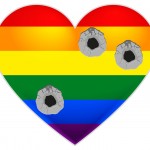
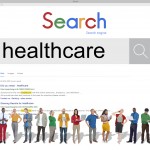
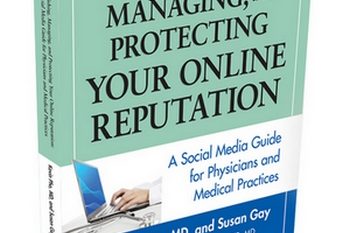
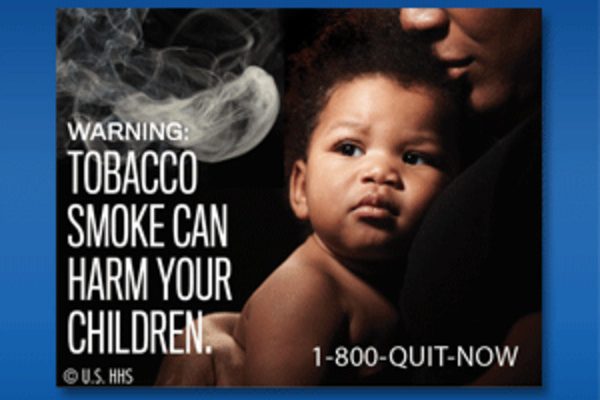
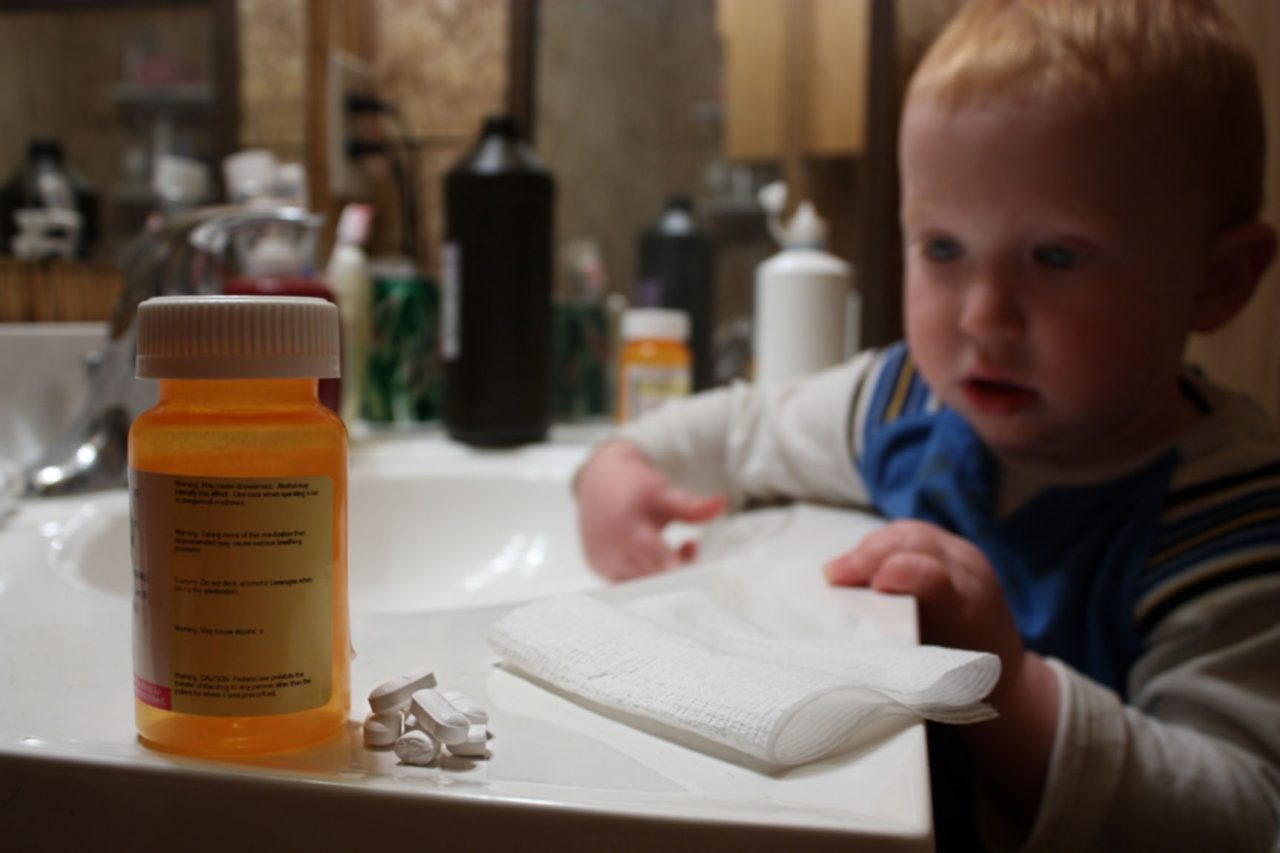
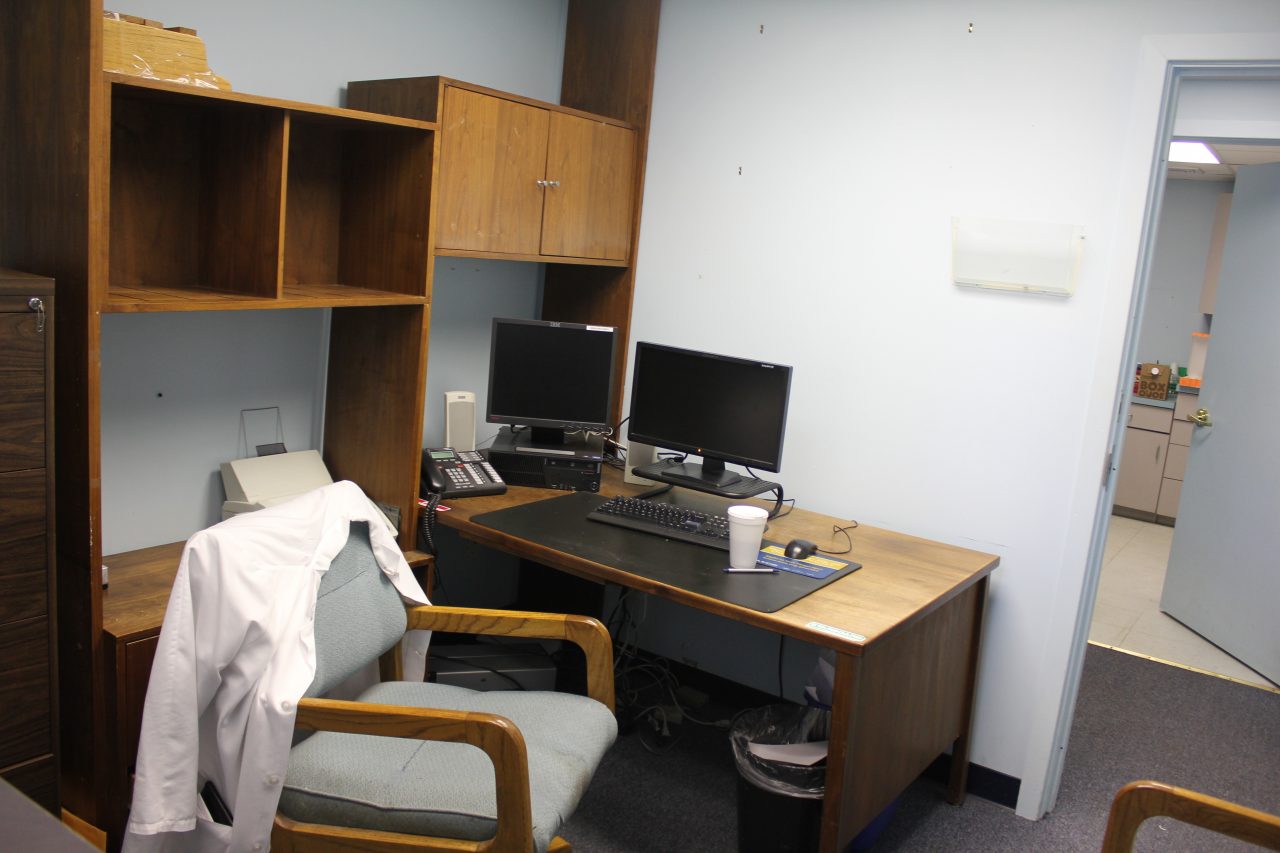
13 Comments